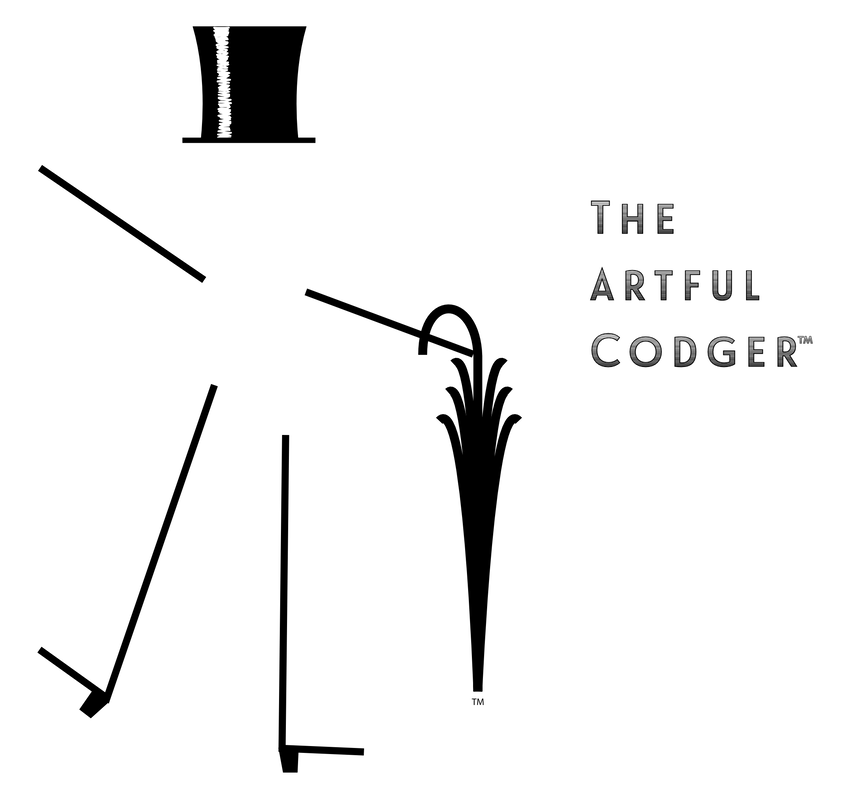I believe in certain things. Deeply. But I still double check when those concepts or systems or programs or beliefs reappear in conversation, on the air or online, or in print. To skip that step could affect all the other ideas and activities that those things are connected to.
COVID-19 is an instructive example. When it first was announced, we knew almost nothing about it. There was a connection to bats, Chinese markets, and Wuhan. Then there was evidence of massive infection with no clue about how to treat it. As it spread around the globe, we saw how nations were responding, how contagion expanded exponentially, and what people could do to avoid (or increase) contamination.
From the start, I heard of the ways we could protect ourselves. Most of them were based on things we knew about: the flu, measles, plague, and epidemics that has decimated people in Third World nations.
Valid inquiries
That’s when the questions began. “What’s the same about these conditions?” “What’s different?” “Why is the country in a panic about toilet paper?” “If masks are good, which ones are better and why?” “How can the government provide proper guidance?” “Why aren’t laws that could help being enforced?”
As answers began to arrive, though, the questions evolved. “Since existing treatments do not seem to work, what will?” “Is the latest suggestion truly effective or truly dangerous?” “Since officials seem at odds, who’s more accurate (and why)?”
It’s so easy to accept rosy assumptions or statements from experts when they fit with the world as you want it to be. Yet doing so without a raised eyebrow, without wondering whether it’s true, and without being willing to both verify and validate is, possibly, a shortcut to disaster.
The virtue of verification
Whenever there’s a hint of the arrogant myopia of ignorance, all of us need to be vigilant. We need to look out for ourselves by checking facts and proceeding only after we get all of them. That’s what makes professional journalism so vital: the best reporters get three sources to confirm a stated fact before they accept it as actual. I did that myself when I worked at NBC, ABC, and PBS. Without confirmation, my reports would have been based on mere hearsay, and that’s not journalism. That’s gossip.
So be a journalist for your own best interests. Be suspicious. Check things out. And pray that the people who won’t make that effort to uncover the truth, the whole truth, and nothing but the truth are just as lazy when it comes to standing up to those who will.
COVID-19 is an instructive example. When it first was announced, we knew almost nothing about it. There was a connection to bats, Chinese markets, and Wuhan. Then there was evidence of massive infection with no clue about how to treat it. As it spread around the globe, we saw how nations were responding, how contagion expanded exponentially, and what people could do to avoid (or increase) contamination.
From the start, I heard of the ways we could protect ourselves. Most of them were based on things we knew about: the flu, measles, plague, and epidemics that has decimated people in Third World nations.
Valid inquiries
That’s when the questions began. “What’s the same about these conditions?” “What’s different?” “Why is the country in a panic about toilet paper?” “If masks are good, which ones are better and why?” “How can the government provide proper guidance?” “Why aren’t laws that could help being enforced?”
As answers began to arrive, though, the questions evolved. “Since existing treatments do not seem to work, what will?” “Is the latest suggestion truly effective or truly dangerous?” “Since officials seem at odds, who’s more accurate (and why)?”
It’s so easy to accept rosy assumptions or statements from experts when they fit with the world as you want it to be. Yet doing so without a raised eyebrow, without wondering whether it’s true, and without being willing to both verify and validate is, possibly, a shortcut to disaster.
The virtue of verification
Whenever there’s a hint of the arrogant myopia of ignorance, all of us need to be vigilant. We need to look out for ourselves by checking facts and proceeding only after we get all of them. That’s what makes professional journalism so vital: the best reporters get three sources to confirm a stated fact before they accept it as actual. I did that myself when I worked at NBC, ABC, and PBS. Without confirmation, my reports would have been based on mere hearsay, and that’s not journalism. That’s gossip.
So be a journalist for your own best interests. Be suspicious. Check things out. And pray that the people who won’t make that effort to uncover the truth, the whole truth, and nothing but the truth are just as lazy when it comes to standing up to those who will.


 RSS Feed
RSS Feed